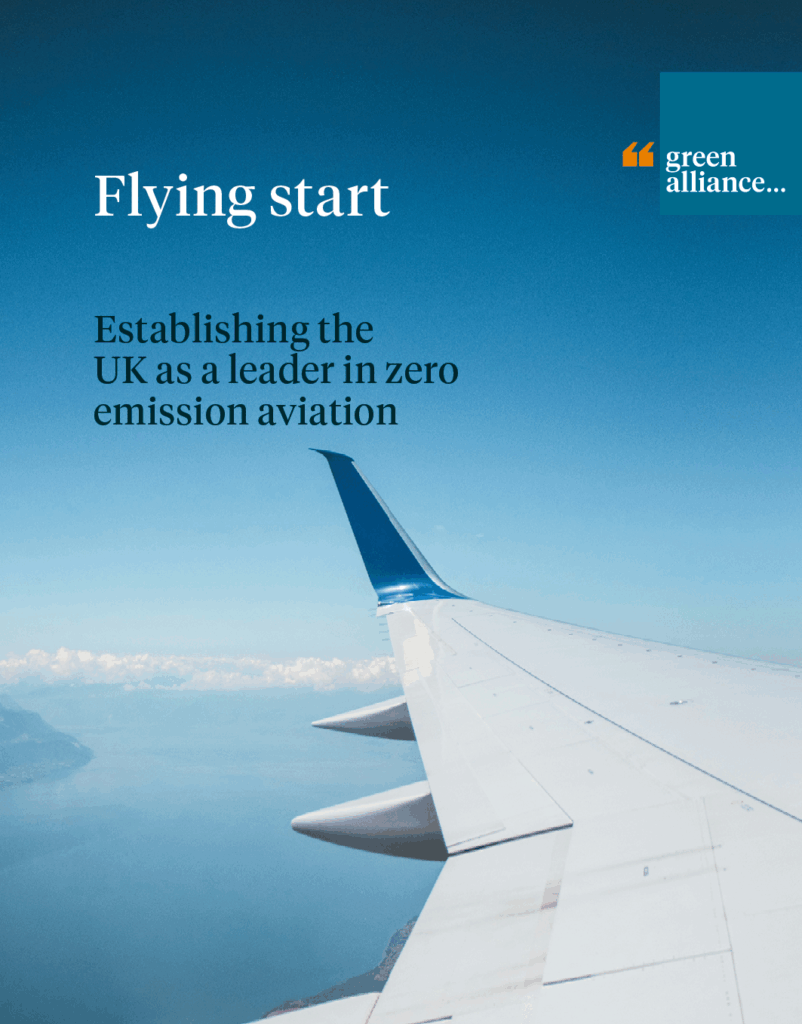The Future of UK Aviation: Leading the Global Transition to Zero Emission Flight
Key Ideas
- Aviation emissions in the UK are set to drastically increase, posing a challenge for decarbonization efforts.
- Hydrogen powered aircraft are seen as a solution to transform the aviation sector and achieve zero emission flights.
- The report highlights the need for technological development, infrastructure readiness, and demand creation to enable zero emission flight in the UK.
- By adopting a comprehensive policy framework, the UK can lead the global clean aviation market, potentially boosting the economy by £26 billion and creating thousands of new jobs by 2050.
The aviation sector in the United Kingdom is poised to become a significant source of emissions, with projections indicating a growth from 8% to 59% by 2050 as other industries decarbonize. This shift presents a crucial juncture for the UK's aerospace industry, valued at £11 billion annually. The sector is faced with a pivotal decision: either spearhead the worldwide transition to zero-emission flight or face the risk of technological obsolescence. A report delves into the obstacles confronting aviation and envisions the integration of hydrogen-powered aircraft as a groundbreaking solution to revolutionize the industry. To actualize zero-emission flight in the UK, the report emphasizes three fundamental pillars: advancing technology, enhancing airport infrastructure, and stimulating market demand. Furthermore, the analysis addresses international competition from countries like Japan and China, underscoring the necessity for the UK to establish a robust policy framework to cement its status as a frontrunner in sustainable aviation. By doing so, the UK stands to not only bolster its economy by £26 billion by 2050 but also foster the creation of 38,000 new jobs nationwide, marking a significant leap towards a cleaner and more prosperous aviation landscape.
